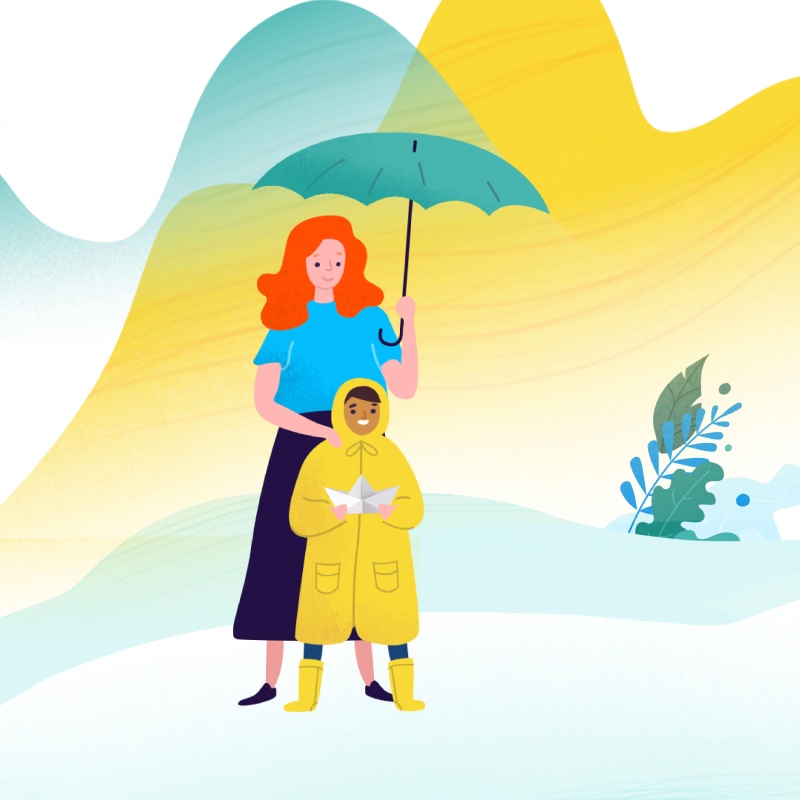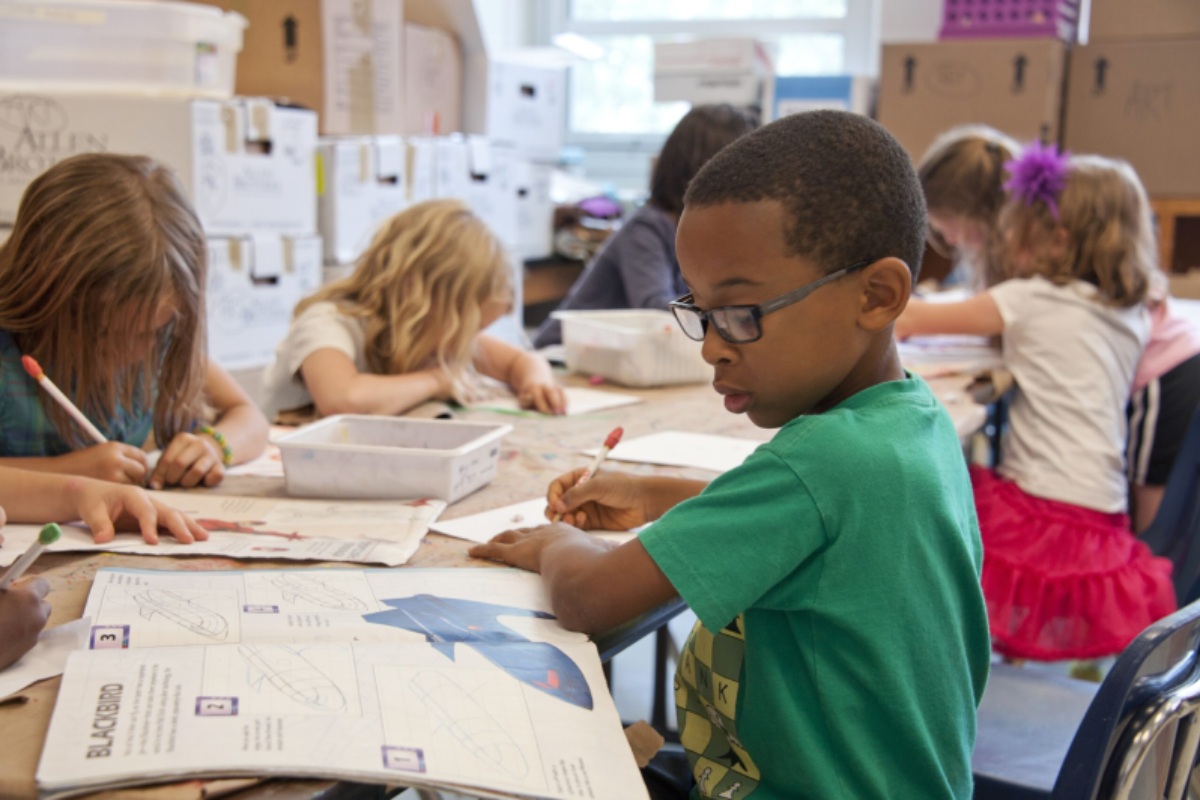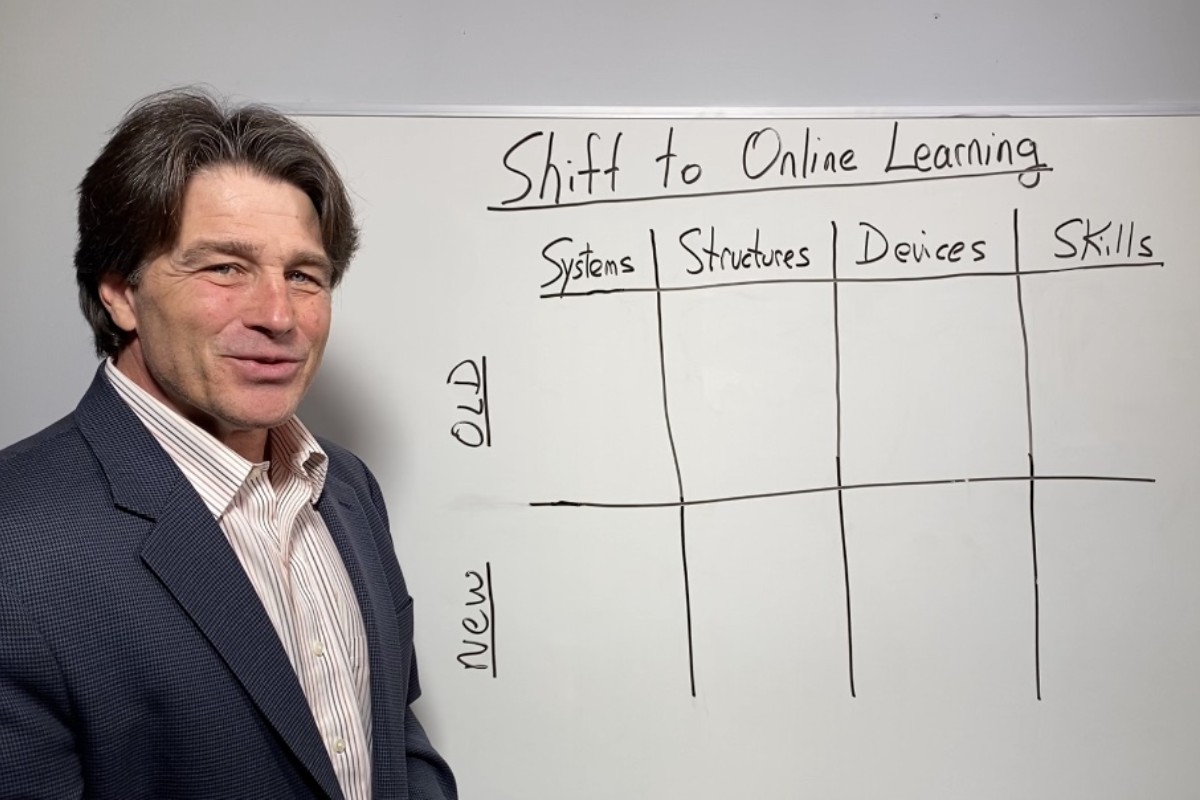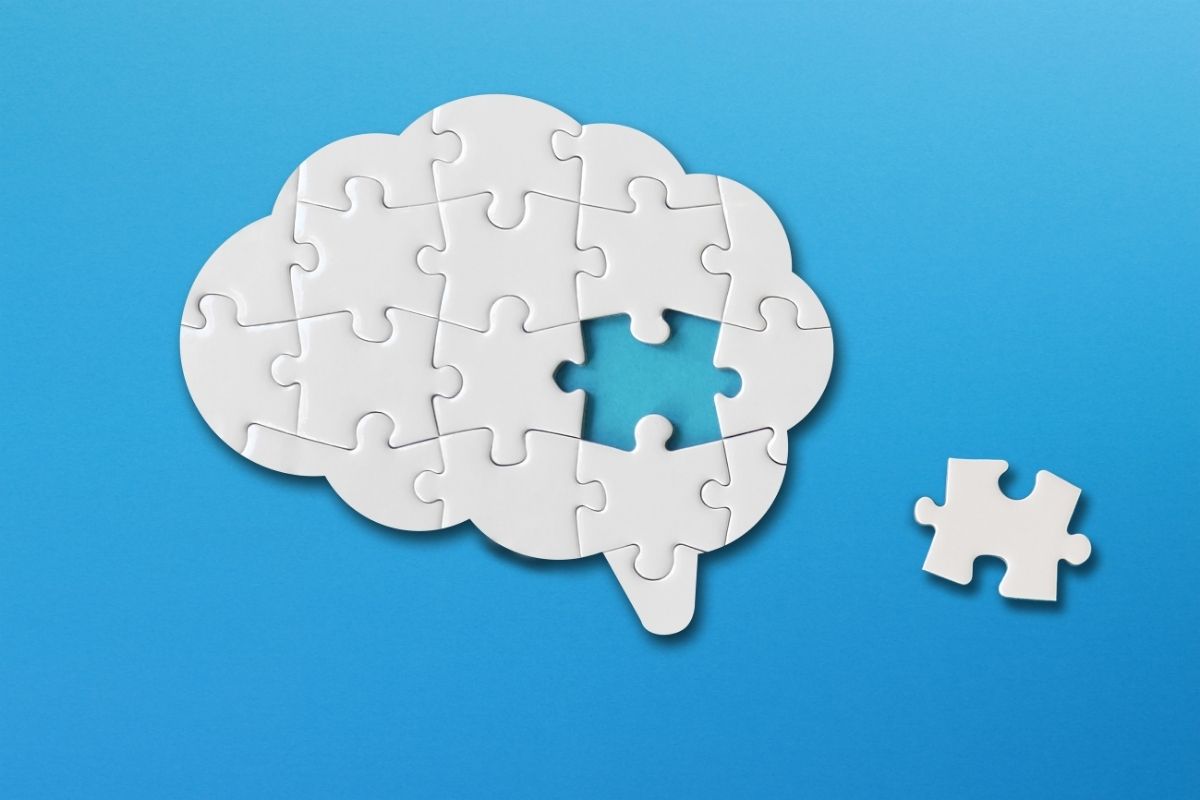100% Chance of Rain: Proactively Helping Youth Prepare for Life’s Challenges

We are at a mental health crossroad. According to the World Health Organization, depression is one of the leading causes of illness and disability among adolescents, and suicide is the second leading cause of death in 15- to 19-year-olds.
In my experience as a doctor, I see first hand how much youth are struggling to bear the amount of stress they are facing. ‘Anxiety’ seems to be the new culture of the generation we are raising. School pressures, feeling left out, premature exposure to scary or adult ideas are just a few of the many things being exacerbated by our digital age and we haven’t caught up in providing youth with the tools to deal with this added layer of exposure.
Until we make some big changes we will continue to see these concerning mental health trends and stay perpetually stuck in reaction mode, continuously trying to undo damage, instead of getting ahead of this major challenge.
Fortunately there are some simple steps you can take immediately to better prepare your students with the tools they all need to maintain their well-being, especially on the rainy days.
Teaching the Umbrella Principles
When working with children, I always start with a simple metaphor to help them understand the bigger picture of their stress and well-being. I give them the visual image of stress as the rain of life and our coping skills as an umbrella that when properly built and tended to, provides the tool we need to protect us from this changeable weather. This gives a simple visual framework onto which you can build a powerful intervention.
There is a 100% chance of rain in every life. Struggle is a normal and expected and there is no way to wish it away.
Christine Moutier, medical director of the American Foundation for Suicide Prevention says it well: “I think this gets back to what do we need to be teaching people — how to manage breakups, job stresses. What are we doing as a nation to help people to manage these things? Because anybody can experience those stresses. Anybody.”
The question, therefore, is not one of whether our youth will ever face challenges; it is what are we doing today to help them better understand and weather these inevitable challenges? How are we teaching them to proactively anticipate and prepare for the challenges they will face?
The answer to this question lies in a few simple reframes that research has shown can have a profound impact.
Step 1: See the rain differently
To help our youth reframe life’s challenges, we need to start with better conversations, normalizing the rain and creating a sense of common humanity in the struggle.
Failure, sadness, anger, jealousy, fear, embarrassment, feeling left out, making mistakes, doing things that are wrong, saying things we wish we could take back – these are things that everyone experiences. Let’s teach and model that.
While we all have our unique set of hurdles, we gain strength in knowing we are not in the journey of life alone.

Step 2: Build the Umbrella Skills into your classroom
We are not powerless in the face of life’s rain. We can proactively build coping skills that form an umbrella of protection and help us feel prepared for life’s changing weather. Our umbrellas are made up of a set of emotional and cognitive skills that we can practice to improve our resilience and help us adapt to the rapidly changing world. Each skill forms an important part of our well-being and provides an added layer of protection between us and the challenges we face. Your umbrella includes skills like empathy, cognitive flexibility, grit, growth mindset, authenticity amongst others.
When supported by a healthy lifestyle, these umbrella skills are shared by the happiest and most successful people and are highly predictive of future well-being.

When we incorporate the Umbrella Skills regularly into our classroom teachings, we help students understand these important skills and set themselves up for success in the way that matters – the ability to accept, navigate and manage life’s storms and the foresight to prepare for these moments instead of just reacting to them.
Start by learning what all of these skills are and then bring them into your regular classroom activities and conversation. Notice your students strong coping skills and point them out as much as possible. Your students will use their positive coping skills more when they know what their strengths are. As educators you also have a unique opportunity to explicitly role model these skills for students with the added bonus of strengthening these skills for yourself too.
Step 3: Find nourishment from the rain
It turns out that seeing the rain as nourishing rather than harmful matters too. We call this the stress-is-enhancing mindset and it has been shown to have wide reaching implications on our long term health and success..
Coping skills are built with practice… and there is no greater practice than the first-hand experience that comes with facing life’s challenges. The more we practice our coping skills, the stronger our umbrella gets. In the classroom this starts with teaching our students the value of struggle and setting our classroom up in a way that supports and celebrates struggle as a critical part of the learning journey. We need to ensure our students have taken on little challenges along the way to prepare (build their coping skills) for the bigger storms. Little umbrellas work okay when it sprinkles, though they aren’t enough when big storms hit.

To support your students, remember to notice and point out the strong parts of your students’ umbrellas and help them to see their strengths and beauty. Taking on risks and challenges is hard work and regular reinforcement of the value that comes along with this goes a long way.
We can spend all of our energy wishing the storm clouds away or we can properly protect ourselves from the rain overhead. When we help our youth embrace and find nourishment from the rain, we equip them to better navigate life’s inconsistent or unexpected storms and ultimately we can deeply affect the trajectory of their lives.
To learn more about the umbrella skills, assess your own umbrella or try a free lesson plan from our classroom curriculum visit umbrellaproject.co or email us at drjen@umbrellaproject.co.
This article is available and can be accessed in Spanish here.









